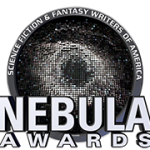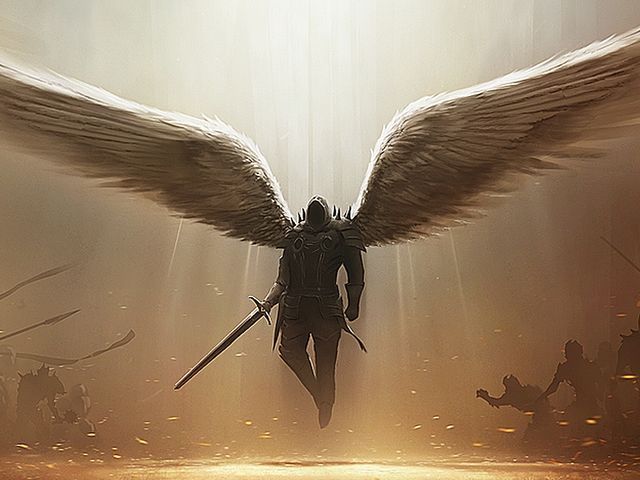Books books books
Now that my life is no longer about edits, a few books:
-Zen Cho, Sorcerer to the Crown (ARC obtained from publisher). Zacharias Whyte is the newest sorcerer to the Crown, and he’s got his work cut out for him: he’s black in a society that has no liking for people of colour, suspected of murdering his predecessor and guardian; and to top it all, the magic that England was relying on is steadily draining away. As he travels to Fairyland to determine the cause of the magical penury, Zacharias picks up Prudence, an impoverished gentlewoman who is determined to make her own way in the world–and who has a decidedly peculiar inheritance. Magic, mayhem (and interfering aunties) in a Regency setting: it’s a hilarious book, but also one that pokes sly fun at the social conventions of the time and the place of women and POCs. Sort of a cross between Jonathan Strange & Mr Norrell and PG Wodehouse, with a postcolonial slant. Also, it’s got Malaysian vampires, and they’re awesome.
-Pat Cadigan, Tea from an Empty Cup (book bought). I first read this ten years ago, and it hasn’t lost its power. It’s short and punchy–a double tale of a murder investigation in an immersive artificial reality and a woman looking for her friend and getting caught in some shady dealings involving stolen virtual artefacts, and access to a special level in said artificial reality). I loved the world building (in a dystopic future where Japan has disappeared and the survivors struggle to find a sense of national identity, something that really resonated to me as a second-gen whose maternal country was lost to war for a while); and the artificial reality is amazing–I’m sceptical of SF’s ability to predict the future, but Pat Cadigan was square on, on both the saturation of the AR by ads, and the gaming culture that develops around it, with its accompanied mysticism, its prizing of avatars and things found online and its search for hacks, new levels and new sensations (which reminded me of MMORPGs and Second Life).
(a few minor quibbles: I wasn’t quite sold on the idea of racial memory, or on the idea you could tell someone’s racial mark-up just by looking at them–as a diasporan, the elevated mysticism and mythology that develops around the lost land of Japan feels very accurate, though sometimes a little too forced and forceful for my personal taste. And sometimes the world building rang a little hollow–I wasn’t sure what Yuki did for a living or how she was able to drop everything to follow Joy Flower. But that’s very much a function of this being a short and to-the-point novel).
-Nghia M Vo, Legends of Vietnam: An Analysis and Retelling of 88 Tales (book bought): I’m really conflicted about this book. On the one hand, it’s a reasonably good book of fairytales and Vietnamese folklore, with legends from the North, the South and some (all too few) from ethnic minorities. It provides context, both cultural and historical (and it’s got all the proper diacritics, which is awesome for following up on stuff), and there are lots of tales and tidbits that I’ve heard but not seen elsewhere, so I think it’s fair to call it the most complete compilation I’ve seen yet. On the other hand… the commentary sometimes grates. There’s the odd swipe at passive Vietnamese, incapable of banding together or of understanding progress, unlike Western nations (which is just wtf); and a lot of sallies against the Northerners (and I know there was a war; I know unforgivable things were done and I’m not minimising the pain people went through; heck, I live in its shadow. But I really don’t think a book of fairy tales is the place for this kind of stuff). Of note, there’s a bunch of tales in the post-war years, but I can’t comment on these because I found them triggering, and had to skip this section.
-Kari Sperring, The Grass King’s Concubine (book bought) This is a book with several narrative strands: one in the present, where Aude, born to wealth, runs away and seeks to understand where her family’s fortune came from; and one in the past, where a man called Marcellan enters the Rice Palace, domain of the Grass King, the mythical being who embodies the earth and the harvest. In the present, Aude gets kidnapped by the Grass King’s bannermen, and taken to a deserted, devastated Rice Palace, where she is told she must fix what her ancestors broke…
This is slow, intimate and quite wonderful. I love the contrast between the Brass and Silver Cities and their endless hunger for wealth (and one of Kari’s strengths, I think–in addition to lush prose–is that she nails social class, social oppression and the way the progress of the Industrial Revolution was built on the misery of the many), and the Rice Palace and its fairytale logic; and the driving mystery of what exactly happened in the past is very well done (and going to an unexpected conclusion). It seems at first that the two halves (the Industrial Revolution cities and the Rice Palace) belong to two wildly different books, but on finishing the book you realise that the unifying theme is the devastation of greed and hunger for power–and that, in that respect, the present is not so different from the past–it’s a very clever and subtle juxtaposition, and it works all the better for never being outright said.
I have a couple quibbles, the first is that you should avoid reading the cover copy before you start the book, because it has the worst spoilers I’ve seen in quite a while; the second is that the ending feels a teensy bit rushed–and by far the most major one is that this begs for a sequel, and there is none yet! (I have a plan which involves pestering Kari until she gives in ^^).
Next up: Ken Liu’s Grace of Kings!



